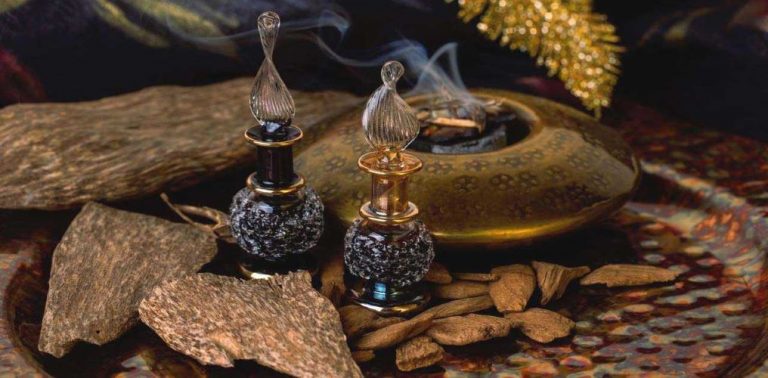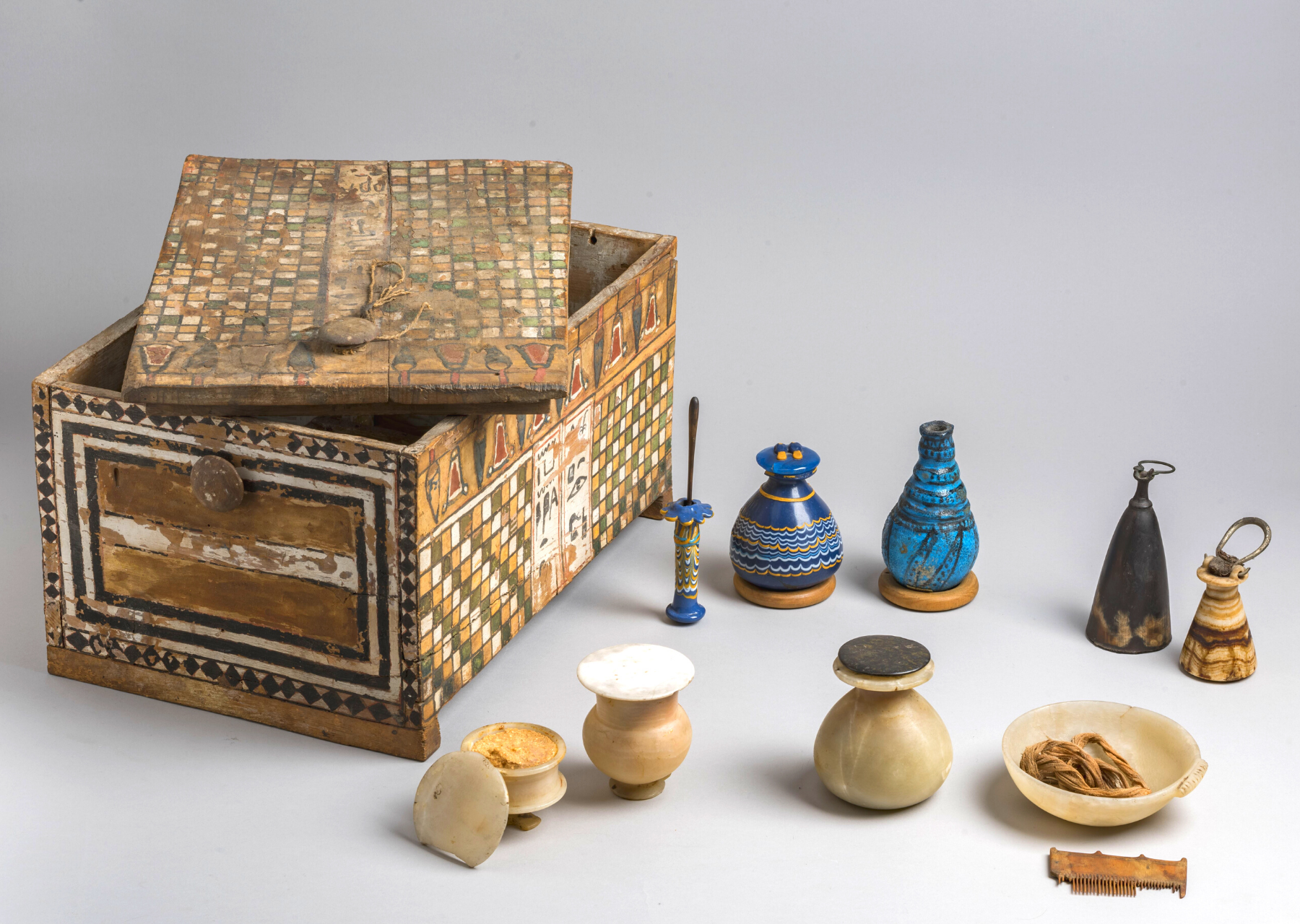
The era of Islamic Arabic civilization is distinguished by the development of perfume manufacturing, which remained a pure Eastern art for centuries.
Ahmed Fadl Shabloul

The Arabs have known the world of scents and inhalation, distinguishing between their types. Although they did not conduct scientific or practical experiments on what happens in the brain when inhaling a scent, they were well aware of the very subtle differences between one scent and another, and how a pleasant scent can turn foul. They understood what happens to coffee, meat, or drink – for example – if left for several days. They also paid considerable attention to the scent of the body, especially a woman’s body, and the fragrances it emits, which could be pleasant or otherwise.
They recognized the scents of plants, animals, insects, and more. They spoke about the smell of death and the deceased. Fragrances, with their various names, have been mentioned in many of their poems and linguistic lexicons.
Also read: ARABIC PERFUMES
The era of Islamic Arabic civilization is distinguished by the development of perfume manufacturing, which remained a pure Eastern art for centuries.
“The perfume has perfumed her to the extent that the breeze has been infatuated with her love.”
Arabs have known about perfumes for a long time, and they are said to be the first to use the flower’s crown to extract floral water. They didn’t use the flower crown solely as a perfume but also as medicine.
The Arabs were familiar with jasmine, violets, lemon blossoms, roses, and other important sources for extracting perfumes. However, the essence of perfume is extracted from sources other than flowers, such as wood, especially cedar and sandalwood, and from leaves like mint, geranium, and lavender, and certain roots like ginger and iris.
Read more: The History of Perfume
The Arab method of perfume-making involves the distillation of flower crowns with water. This is done by placing glass chips in wooden frames, which are smeared with pure oil, covered with flower crowns, and stacked one on top of another. The crowns are replaced periodically until the pure oil absorbs the required quantity of fragrance.
The Arabs were familiar with jasmine, violets, lemon blossoms, roses, and other important sources for extracting perfumes
The philosopher Ibn Sina is considered one of the best Muslim scientists in perfume-making. He discovered the method of extracting perfume from roses by “distillation”. The philosopher Al-Kindi is one of the most prominent Arab scientists in perfume-making, and he wrote a book titled “Chemistry of Perfumes” where he mentioned a long list of various perfumes. He used musk and amber as essential parts in most of the perfumes known to Arabs and Muslims thereafter.
Arabs and Muslims were the first to understand the value of perfumes and their importance to humans, for the men who perfume themselves, its makers and users.
Arabic perfumes are part of Arab culture in general, and its most famous products are: Oud, Amber, Musk, Jasmine, and Basil. Their manufacturing methods vary, and some need distillation, like Taif roses.
The ancient Egyptians also recognized the importance of scents in life; they extracted oils from aromatic plants and used them in the treatment of some cases, in what was known as aroma therapy, as well as their use in adornment, and embalming
Cleopatra read about Arabic perfumes, and decided to travel to the Arabian Peninsula in 40 BC, perhaps to discover new types of perfumes. There she saw the Zamzam well in Mecca, which was flowing, welcoming the visit of the Egyptian queen, and the lover’s water was living its childhood in that sacred well.
During the Crusades, the crusaders carried this industry from the Levant to England and France, which have become leaders in this field.
 Read more: Heavenly Concoctions: the World of Egyptian Perfumes and Oils
Read more: Heavenly Concoctions: the World of Egyptian Perfumes and Oils
The ancient Egyptians also recognized the importance of scents in life; they extracted oils from aromatic plants and used them in the treatment of some cases, in what was known as aroma therapy, as well as their use in adornment, and embalming. They were known for their love and interest in the lotus flower, which was taken from them by the Greeks and then the Romans who established trade routes between them and Egypt and India. With the collapse of the Roman Empire, this kind of “aroma therapy” disappeared in the Dark Ages.
- The text between brackets is quoted from the novel “The Water Lover” by the author.
Published under the International Cooperation Protocol with Middle East Business
_______________________